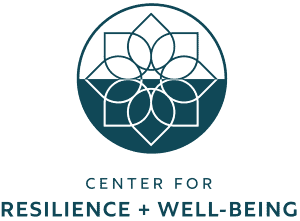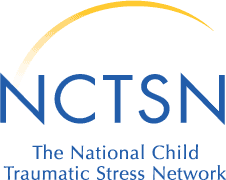Providing Support When Challenging Things Happen:
Talking to Children and Teens
The resources below, developed by CRW, offers guidance for adults who surround youth to support them in conversation when violent and scary things happen in the world. Click the resources below to learn more about talking with children and teens.




